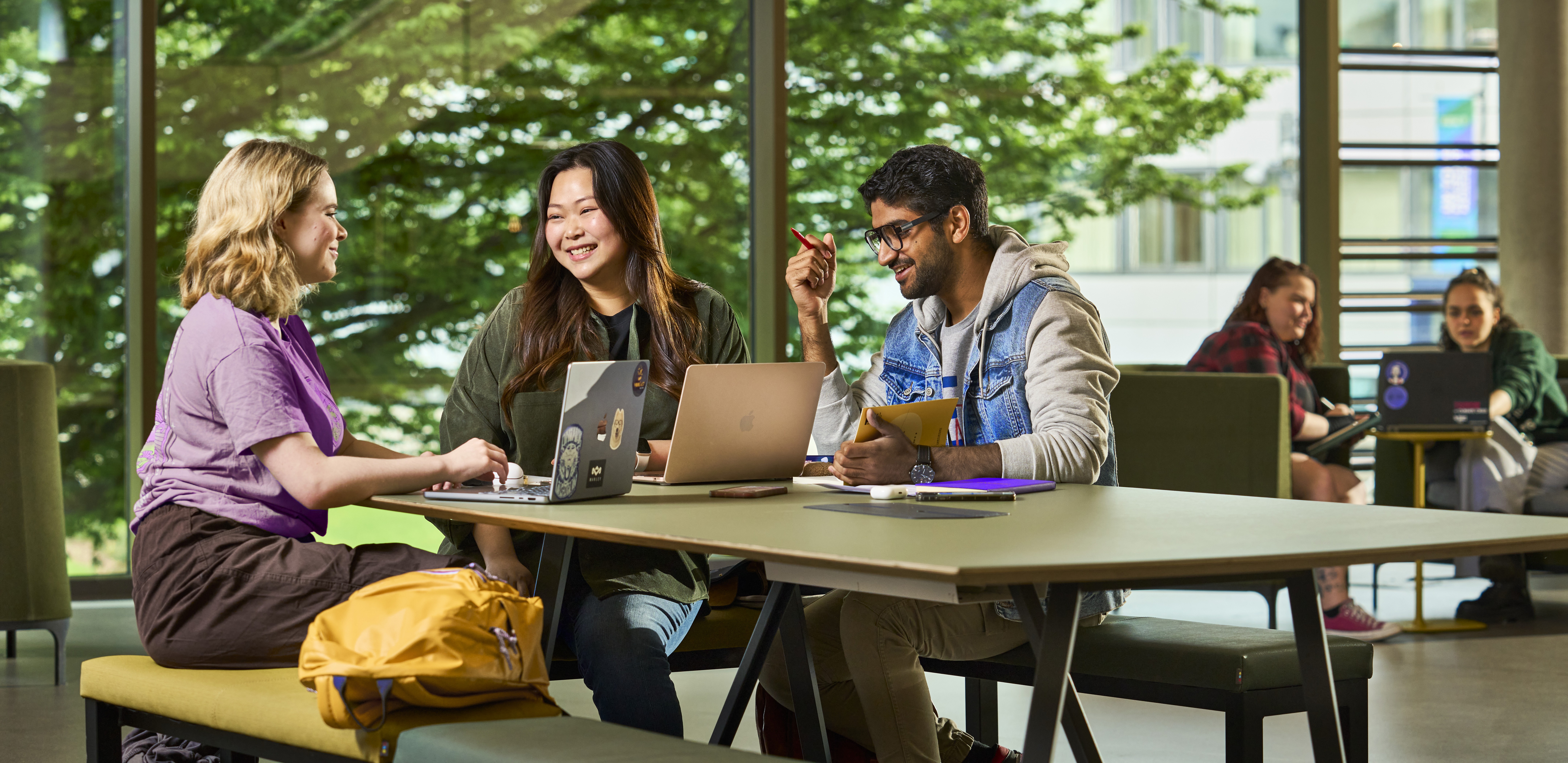With multiple assignments to get over the line and exams coming up, this time of year can be a bit stressful, but you’ve got this!
A few small tweaks to how you study can make a big difference. Check out these tips from our Student Learning Services Team to help you feel prepared and more in control.
Assignments
Make a checklist
When you’re juggling multiple assignments, it can be tough to remember all the things you need to do. To help with this, for each assignment try writing everything down into one checklist document. This could include:
- Key targets from your assignment brief
- Learning outcomes and rubrics
- Notes or ideas that resonated with you during lectures
When you’re writing down these points, do it in a way that makes sense for your brain – whether that’s through using bullet points or colour coding, or turning your notes into a big messy mind map.
Doing this is a good way to keep yourself focused and stay on brief, ensuring you make best use of your time and avoid additional stress.
Use your feedback
If you’ve already handed in assignments this semester, chances are you’ll have got feedback from your lecturers. Take the time to read over this – you’ll get some really useful insights.
Pick two or three pieces of constructive feedback, turn these into to-dos and add them to your assignment checklist. For example, if you were told to “develop your analysis,” you might make a note to add more critical commentary to your next essay.
Exams
Try active recall
Active recall is one of the most effective revision techniques. This is because when you use active recall, you’re not just reading and highlighting pieces of text, you’re actually testing yourself on what you’re learning. That could mean:
- Quizzing yourself (or asking a friend to quiz you)
- Explaining a concept out loud, without notes
- Writing a short answer or mini essay from memory
It’s a bit harder than passive reading, but that’s because it works. Struggling to remember something helps your brain make connections, so even if you make mistakes the information will still stick.
Use regular, spaced practice
You probably already know this, but cramming isn’t a good revision technique. Not only is it stressful, but you’re not giving your brain enough time to actually take the information in.
Instead of doing one big study session the day before your exam, try spaced practice. This means revising little and often in the lead up to your exam.
Plan each revision session in advance so you know the topic you’ll be covering and what study method you’re going to use (for example, flashcards or mock essays). You should also think about memory tricks that could make revision easier, like visualisation, key phrases or even the ‘memory palace’ method.
We hope you found this blog helpful! Check out more tips from our Student Learning Services Team on Canvas.

